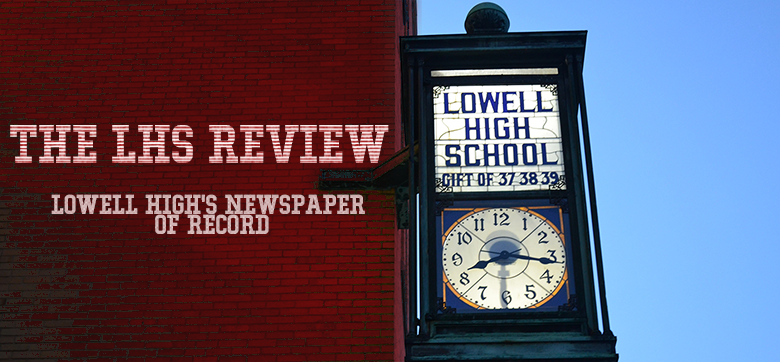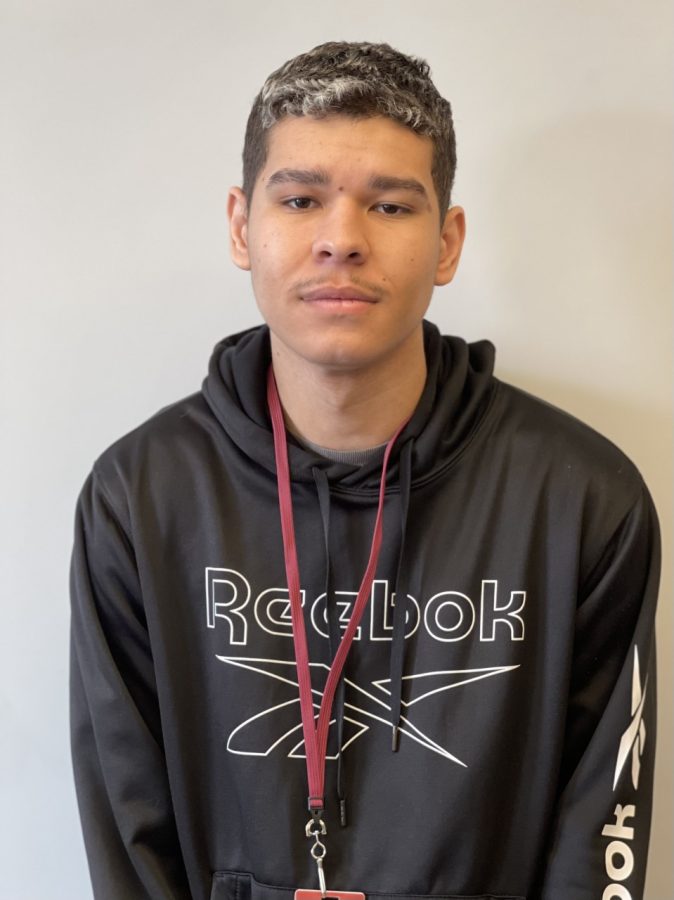The Problem of The Drug Trafficking in Brazil
Roberson Fusco, 18, was born in Espirito Santo, Brazil. He is a Senior at Lowell High School. He likes to play soccer and games. He would like to do computer science in college.
April 7, 2022
Why are so many Brazilian people becoming involved in drug trafficking at such a young age? Some don’t have enough support from their family, or they have any relatives who introduce them. Sometimes they are forced to join because they need to survive.
According to the 2020 The World Drug Report and the United Nation Office on Drugs and Crime (UNODC), roughly 270 million people did drugs throughout the world in 2018. This is an increase of 30% compared to a decade earlier. The report also looked at more recent numbers, showing the impact of the COVID-19 pandemic on the problem of doing drugs. Groups like teenagers, women, poor people are more likely to be vulnerable to drug trafficking because they are sometimes struggling to survive and sometimes need to support their family. They might first be offered to do a “little favor” by relatives or friends, carry a few drugs and then they start participating at a bigger scale.
Trying to solve the problem, Brazil has tried to align itself with global experiences in combating drug trafficking and tried to make changes in management and legislation that helped to tackle drug trafficking from many angles. One organization, the Centre of Excellence, is helping Brazilians by analyzing data and recommending strategies. One event they held was called ‘’Strategies to combat illicit drug trafficking and transnational organized crime.” Another thing that is being done, is that the U.S Treasury has put sanctions on Brazil to penalize Brazil until they address trafficking.
There are many things we can do starting tomorrow to try to solve trafficking in Brazil. We have a lot of police officers who are contributing to the increase in trafficking, because they are paid for it. They provide weapons and supplies to traffickers in exchange for drugs and deals. These police officers should be investigated. Secondly, the government should make targeted raids specifically on the central place where drugs are often found in cities. This will likely be complicated because the drug centers are in favelas, but there are also many families who are innocent living around these places. Finally we could also consider legalizing marijuana, like in the United States and elsewhere, this would help to end marijuana trafficking because it would end the illegal market for marijuana. And because of this fewer people would get hurt.
As we can see, Brazil should reformulate ideas about drugs, what drugs are legal, and how we support and provide alternatives for people who are most vulnerable to drug trafficking.



